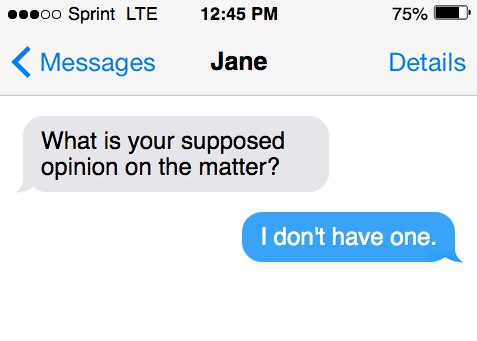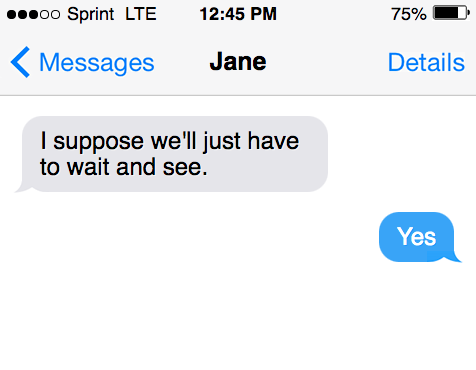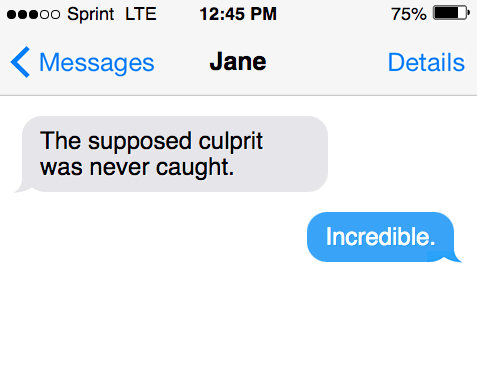Is it “supposed to” or “suppose to?” For example, “I am suppose to go the grocery store.” Or “I am supposed to go to the grocery store.”
What is the definition of the word “suppose?”
The word “suppose” can mean different things depending on the context in which it is used. Generally, the word indicates some level of doubt or uncertainty. Merriam-Webster defines “suppose” (verb form) as to “assume that something is the case on the basis of evidence or probability but without proof or certain knowledge.”

Synonyms for “suppose”
- Assume
- Take for granted
- Presume
- Expect
- Believe
Common phrases with “suppose” in the sentence
For example, we might say, “I suppose we’ll just have to wait and see what happens.” In this case, the speaker is not confident that anything will happen but merely suggests that waiting is the best option.
Similarly, if someone says, “I suppose you’re right,” they are likely admitting that they were wrong or uncertain about something. In other cases, “suppose” can be used to introduce a hypothetical situation.
For example, one might say, “Suppose we all had wings. How would that change things?” In this case, the speaker is not suggesting that wings are possible but instead uses the idea of wings to explore a potential situation.
Ultimately, “suppose” indicates some level of doubt or uncertainty. It can be used to express an opinion or to introduce a hypothetical situation.

“Suppose” tenses
“Suppose” as a verb is the word “suppose.” In the third-person present tense it is “supposes.” And in the past tense, it is “supposed.” And the present participle sense it is also “supposed.”
Difference between “suppose” and “supposed”
The word “suppose” is a verb that means to presume or postulate something. It can also be used as a noun meaning something that is supposed or expected. The word “supposed” is the past tense and past participle form of the verb “suppose.” It can also be used as an adjective meaning presumed or hypothetical.
“Suppose” and “supposed” have slightly different meanings when used in context. Particularly the reference it has to the moment.
For example, the incorrect version would be “I am suppose to meet someone here right now.” In contrast with, “I was supposed to meet someone. They didn’t show up.”
The word “suppose” getting used when speaking about something in the present participle form. And “supposed” in the past participle form.
Here are some example sentences using each word:
- Verb: “I suppose we’ll just have to wait and see.”
- Noun: “What is your supposed opinion on the matter?”
- Adjective: “The supposed culprit was never caught.”
- Past Tense/Past Participle: “I suppose you were right about the situation.”
As you can see, “supposed” can be used in various ways, but “suppose” is always a verb.
Which is grammatically correct, “suppose to” or “supposed to?”
“Supposed to” and “suppose to” are grammatically correct in their own ways depending on the verb form’s tense.
Unless referring to the word “supposed” with the intention of a “ly” at the end. For example, “The virtuous woman has arrested the supposed thief.” The word “supposed” implies an assumption based on merit.

More examples:
- “This is supposed to be the most interesting interview with Abraham Lincoln.” (Using “supposed” to describe the future tense—a verb form of something that hasn’t happened yet).
- “I am supposed to have dinner with my partner tonight” (Using “supposed” to describe the verb form)
- “I suppose you were right about that event that occurred the other evening” (Using “suppose” in the verb form or present participle form)
Sources
- Suppose Definition & Meaning – Merriam-Webster
- Present Tense Verbs in Third Person – English Grammar
- Present Participle: Explanation and Examples
- Future tense – Wikipedia
- “supposed to” or “suppose to”? – English Stack Exchange
Inside this article
Fact checked:
Content is rigorously reviewed by a team of qualified and experienced fact checkers. Fact checkers review articles for factual accuracy, relevance, and timeliness. Learn more.
Core lessons
Glossary
- Abstract Noun
- Accusative Case
- Anecdote
- Antonym
- Active Sentence
- Adverb
- Adjective
- Allegory
- Alliteration
- Adjective Clause
- Adjective Phrase
- Ampersand
- Anastrophe
- Adverbial Clause
- Appositive Phrase
- Clause
- Compound Adjective
- Complex Sentence
- Compound Words
- Compound Predicate
- Common Noun
- Comparative Adjective
- Comparative and Superlative
- Compound Noun
- Compound Subject
- Compound Sentence
- Copular Verb
- Collective Noun
- Colloquialism
- Conciseness
- Consonance
- Conditional
- Concrete Noun
- Conjunction
- Conjugation
- Conditional Sentence
- Comma Splice
- Correlative Conjunction
- Coordinating Conjunction
- Coordinate Adjective
- Cumulative Adjective
- Dative Case
- Determiner
- Declarative Sentence
- Declarative Statement
- Direct Object Pronoun
- Direct Object
- Diction
- Diphthong
- Dangling Modifier
- Demonstrative Pronoun
- Demonstrative Adjective
- Direct Characterization
- Definite Article
- Doublespeak
- False Dilemma Fallacy
- Future Perfect Progressive
- Future Simple
- Future Perfect Continuous
- Future Perfect
- First Conditional
- Irregular Adjective
- Irregular Verb
- Imperative Sentence
- Indefinite Article
- Intransitive Verb
- Introductory Phrase
- Indefinite Pronoun
- Indirect Characterization
- Interrogative Sentence
- Intensive Pronoun
- Inanimate Object
- Indefinite Tense
- Infinitive Phrase
- Interjection
- Intensifier
- Infinitive
- Indicative Mood
- Participle
- Parallelism
- Prepositional Phrase
- Past Simple Tense
- Past Continuous Tense
- Past Perfect Tense
- Past Progressive Tense
- Present Simple Tense
- Present Perfect Tense
- Personal Pronoun
- Personification
- Persuasive Writing
- Parallel Structure
- Phrasal Verb
- Predicate Adjective
- Predicate Nominative
- Phonetic Language
- Plural Noun
- Punctuation
- Punctuation Marks
- Preposition
- Preposition of Place
- Parts of Speech
- Possessive Adjective
- Possessive Determiner
- Possessive Case
- Possessive Noun
- Proper Adjective
- Proper Noun
- Present Participle
- Prefix
- Predicate



